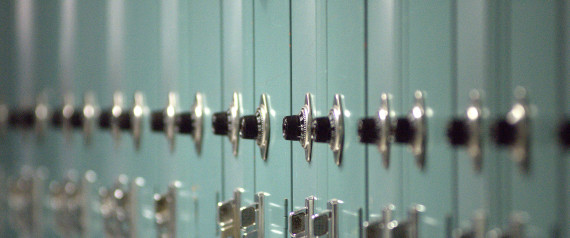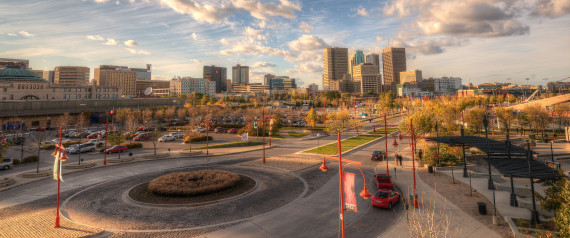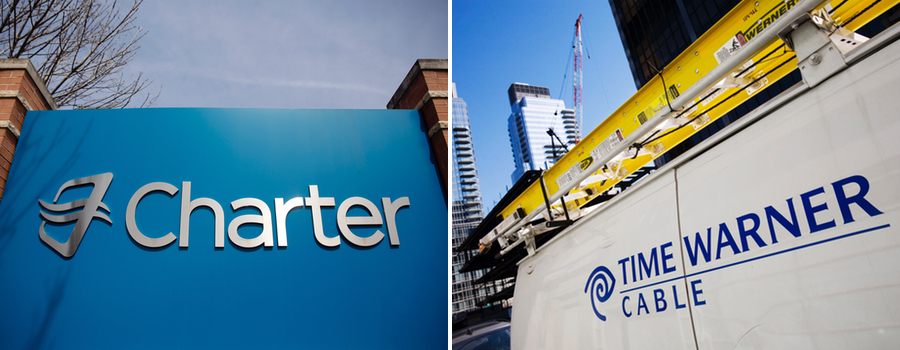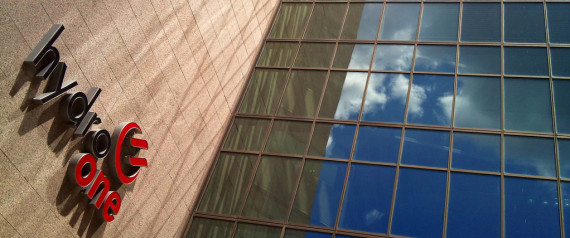Just two short years ago, if you asked strangers on the street about mass surveillance, you'd likely encounter many blank stares.
Some would remember East Germany's Stasi spy agency, or reference China's extensive Internet censorship. But few would express fear that western democratic governments like the U.S., Britain, and Canada were engaged in the mass surveillance of law-abiding citizens.
That all changed in June 2013 when Edward Snowden, a contractor at the U.S. National Security Agency (NSA), blew the whistle on the spying activities of the NSA and its Five Eyes partners in Canada, Australia, New Zealand, and the U.K. Since then, we've seen a long stream of revelations about how Canada's Communications Security Establishment (CSE) is engaged in extensive spying on private online activities.

































